Publications
Articles, publications, books, tools and multimedia features from the U.S. Institute of Peace provide the latest news, analysis, research findings, practitioner guides and reports, all related to the conflict zones and issues that are at the center of the Institute’s work to prevent and reduce violent conflict.
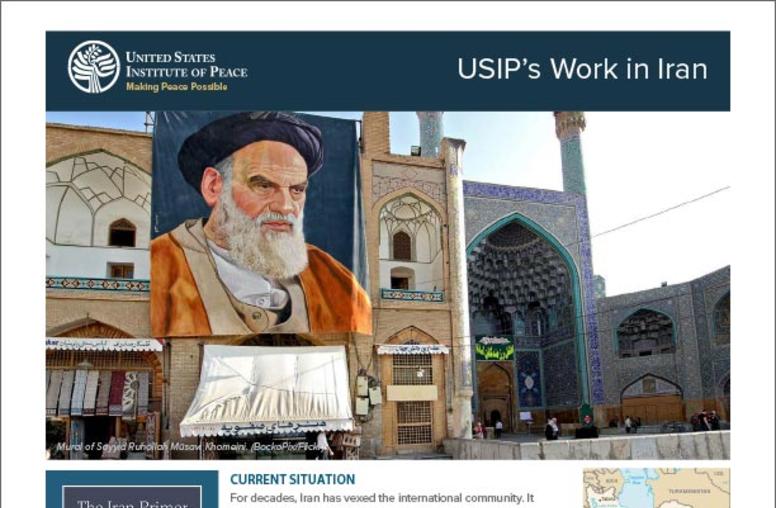
The Current Situation in Iran
For decades, Iran has vexed the international community. It introduced Islam as a form of governance in 1979 and has supported militants abroad and defied international norms. In May 2018, the Trump administration withdrew from the 2015 nuclear agreement negotiated by six world powers and Iran. The administration argued that the deal did not adequately curb Tehran’s nuclear program or address its missile program, human rights abuses, and support for terror.

Andrew Scobell on China’s National Party Congress
Chinese leader Xi Jinping cemented himself as "clearly the most powerful ruler in China since Mao" at the recent National Party Congress. But USIP's Andrew Scobell says Xi has staked his legitimacy on delivering for the Chinese people — and sputtering economic growth poses a significant challenge going forward.
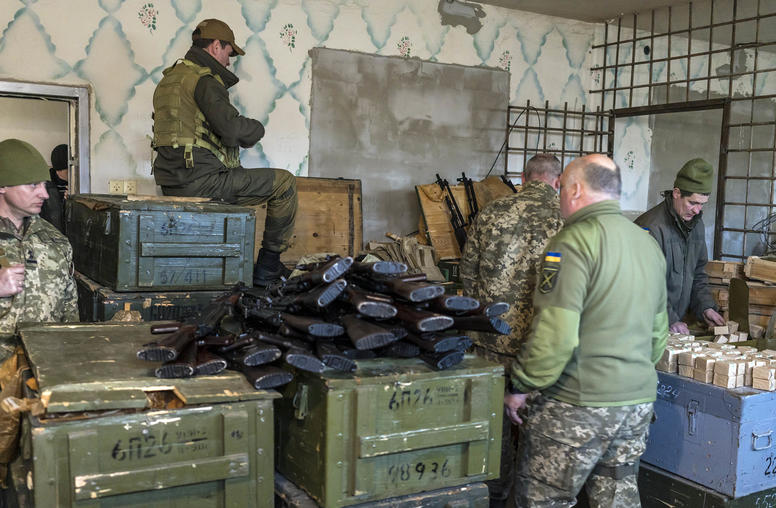
Ukraine: The EU’s Unprecedented Provision of Lethal Aid is a Good First Step
Just three days after Russia began its war of aggression against Ukraine, the European Union announced that it would provide weapons to Ukraine through a new financing instrument, the European Peace Facility (EPF), marking the first time in EU history that the bloc provided lethal weaponry. Over the past six months, the EU has provided €2.5 billion to Ukraine through the EPF for arms and equipment, signaling a more muscular EU foreign policy featuring the unprecedented provision of direct military assistance.
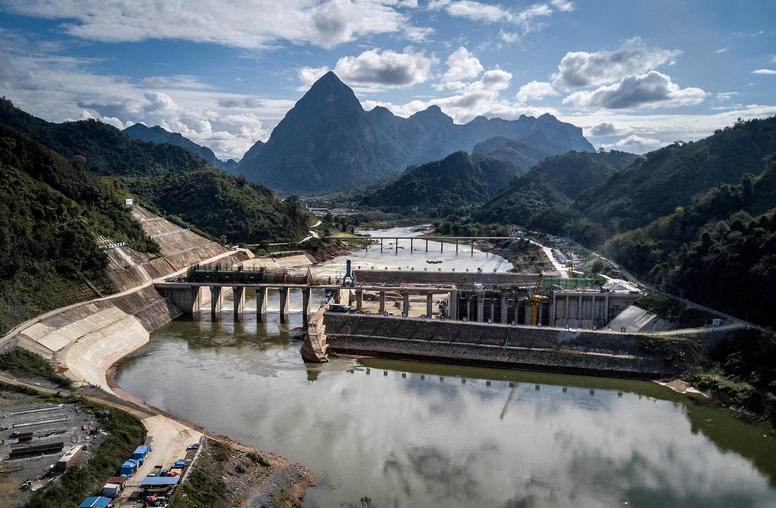
How to Balance Hydropower and Local Conflict Risks
In the face of rapidly expanding solar and wind energy technology, it’s easy to forget about hydropower. Hydropower was first harnessed to turn mills and grind grain, but today it generates more electricity than any other source of renewable energy. But while dams can spur development, help manage water resources and improve access to affordable electricity, their impacts on local communities and the environment can have a dark side.
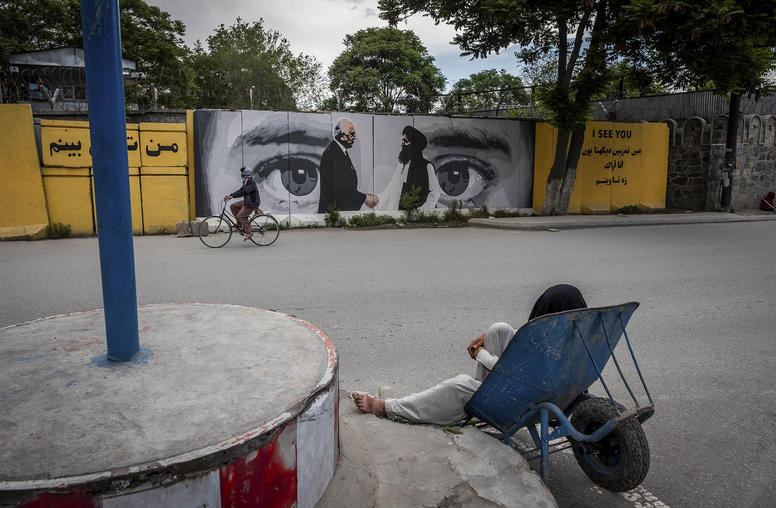
Missteps and Missed Opportunities for Peace in Afghanistan
The United States, successive Afghan governments and the Taliban missed several opportunities to achieve peace over the past couple of decades. Today, under the Taliban government, which is not recognized by a single country, Afghanistan is facing twin economic and humanitarian crises while the marginal gains made on women’s rights have all but evaporated.
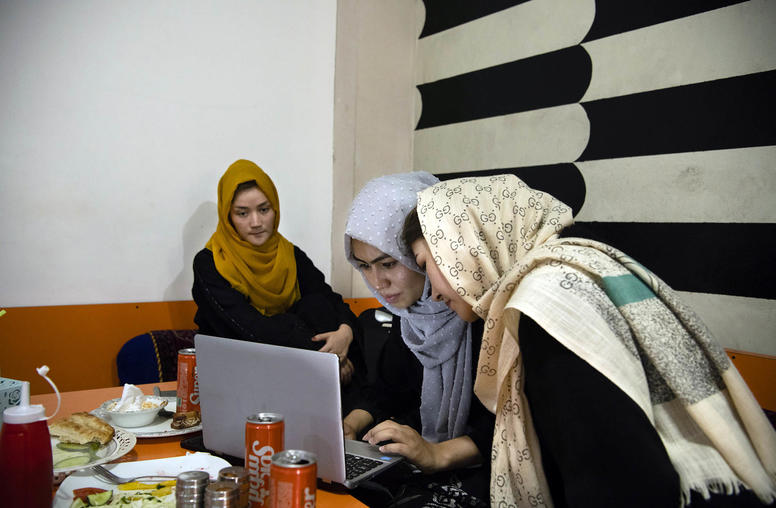
Taliban Escalate New Abuses Against Afghan Women, Girls
Afghanistan’s Taliban are escalating restrictions against women, sending armed men into girls’ classrooms and forcing staff to inspect girls’ bodies for signs of puberty to disqualify them from further schooling. Afghan women report Taliban enforcers beating women whom they find wearing Western-style pants beneath their regime-mandated outer robes. The Taliban are intensifying these assaults in response to women’s rights campaigns in Afghanistan and Iran, and amid their own struggle to consolidate power. The Taliban’s intensifying violations against women risk mass atrocities and may presage greater violent extremism and threats to international security. Policymakers must respond.

In Myanmar, Sham Elections Aren’t the Path to Stability
The head of Myanmar’s military junta is talking increasingly about holding national elections next year despite the near certainty that prevailing conditions would make a democratic result impossible. Even if General Min Aung Hlaing was pondering a good-faith effort — which he is not — the country’s political and security situation would likely preclude anything more than a fig leaf outcome. So, the dictator is still mulling whether elections would benefit the regime. Meanwhile, he is laying the groundwork for a sham process to make himself president and cement military rule. Though the nature of these schemes should be obvious to the international community, many view the proposed vote as the most realistic path to stability and democratically elected government. That hope is badly misplaced.
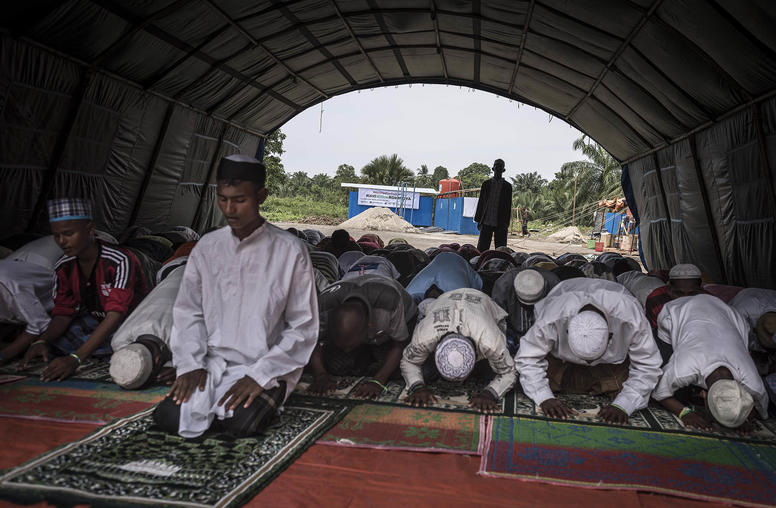
Common Ground on International Religious Freedom Enhances U.S. National Security
Religious freedom, like other human rights, is strongly correlated with political stability — and repression of religion or belief can serve as a major driver of conflict and violence. Around the world today, we see discrimination against or targeting of religious minorities associated with rising social tensions, intercommunal strife, violence and even mass atrocities. Muslims in India, Rohingya in Myanmar, Uyghurs in China, Yazidis in Iraq, and Christians in Pakistan: all are subject to forms of violence that have corollary effects on broader prospects for peace and stability in their respective contexts.
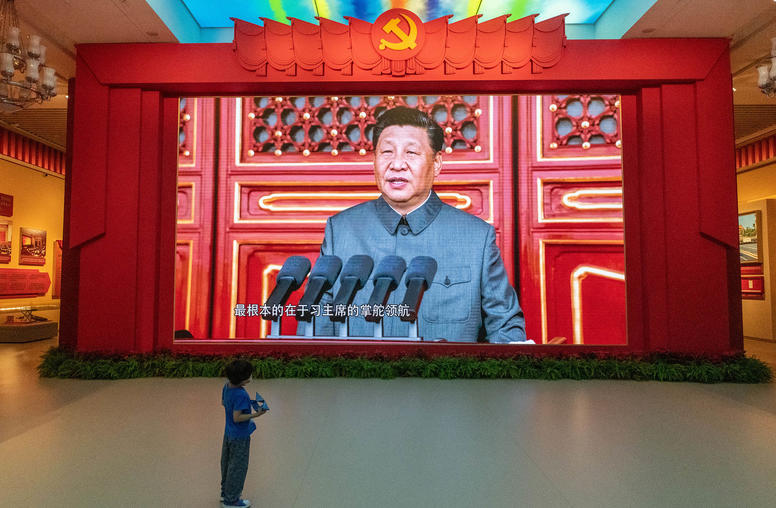
China After the Party Congress: Welcome to Xi’s People’s Republic of Control
Beijing has just played host to the 20th Congress of the Chinese Communist Party (CCP). The gathering’s significance is considerable, witnessing not only the recoronation of Xi, but also a generational turnover of CCP leadership and a topline articulation of the party’s accomplishments to date and its priorities for the next five years.
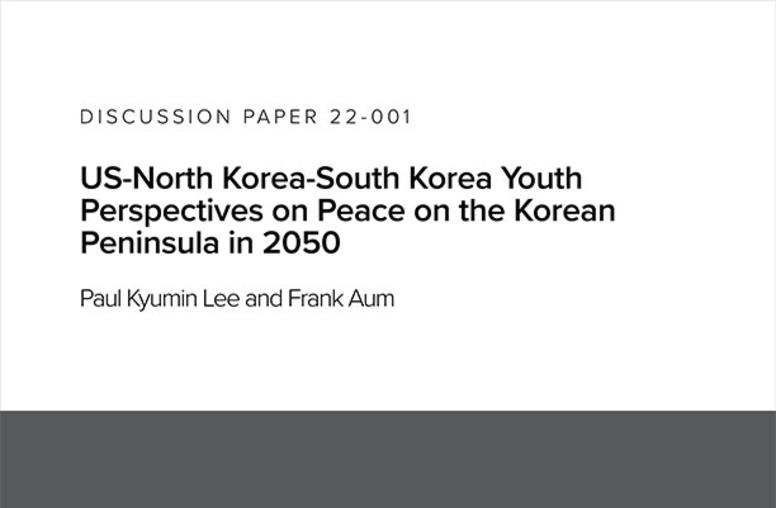
U.S.-North Korea-South Korea Youth Perspectives on Peace on the Korean Peninsula in 2050
This paper describes a virtual workshop on envisioning peace on the Korean Peninsula for youth from the United States, North Korea, and South Korea that was conducted over three days in January 2021. The workshop was designed, organized, and facilitated by the United States Institute of Peace, and participants were selected in partnership with Liberty in North Korea and the International Student Conferences' Korea-America Student Conference.